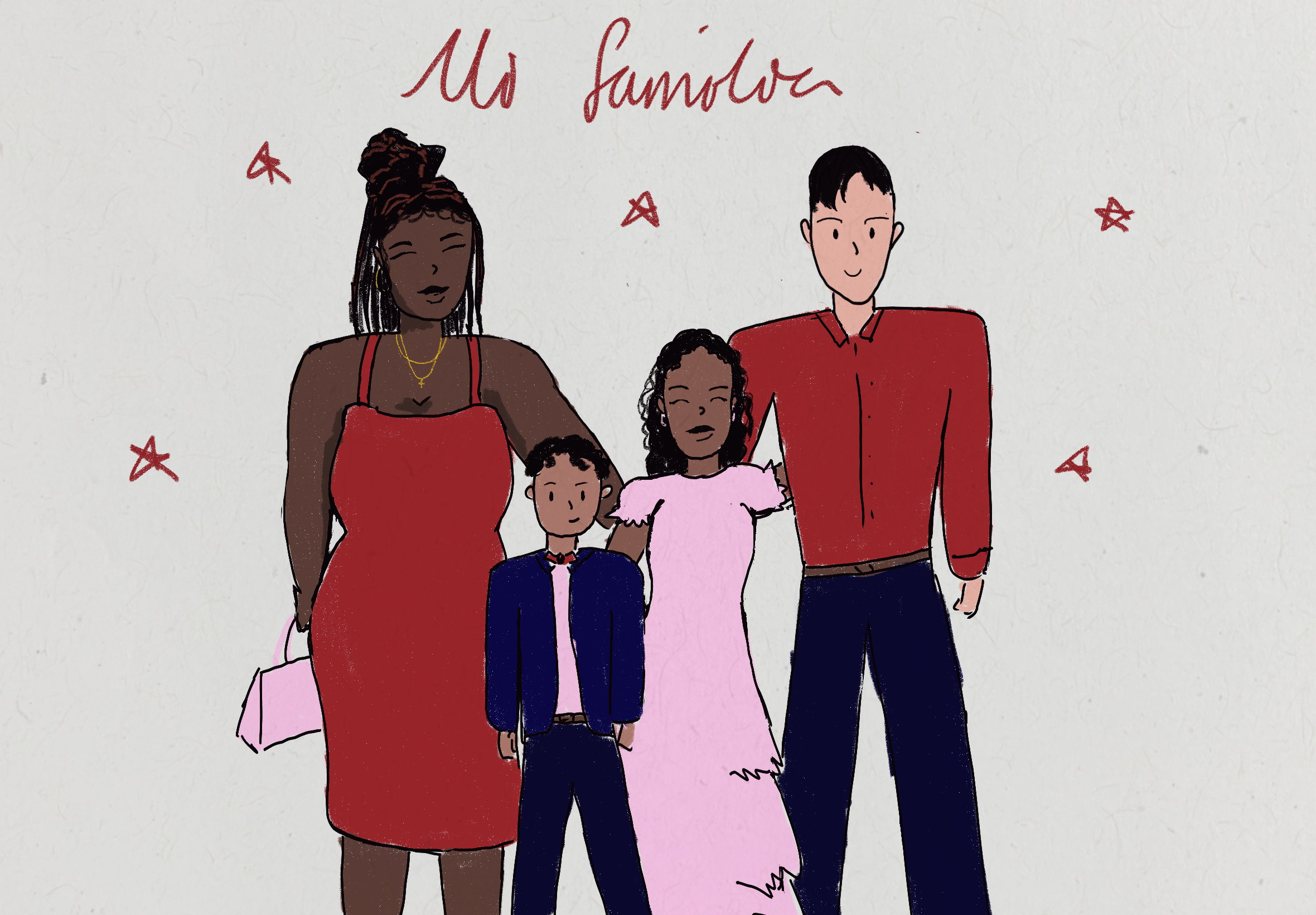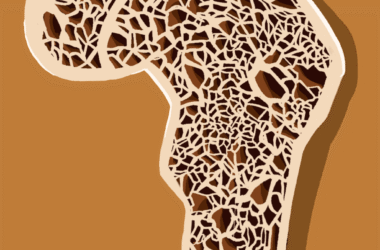The Students’ Society of McGill University’s (SSMU) Legislative Council (LC) convened for the third time this semester on Thursday, Feb. 12, beginning with an introduction of the new recording secretary, Alissa Gharzouzi. Vice-President (VP) Clubs and Services Hamza Abu Alkhair then proposed an amendment to the agenda, seeking to advance[Read More…]
Tag: mcgill
McGill Senate confronts the rise of AI and undergraduate enrolment pressures
On Feb. 11, the McGill Senate convened for its sixth meeting of the academic year. The senators discussed the Accountability and Implementation of the Policy of Assessment of Student Learning, the use of Artificial Intelligence (AI) in a broad university context, the proposed strategic plan on undergraduate enrolment and engagement,[Read More…]
Montreal protests GardaWorld’s complicity in ICE immigration crackdown
On Feb. 13, around 1,000 people gathered outside Place Vertu to protest the U.S. Immigration and Customs Enforcement (ICE) crackdown on illegal immigration and their aggressive treatment of migrants and citizens alike. The protestors decried the involvement of GardaWorld, a Canadian, Montreal-based private security firm whose U.S. subsidiary, GardaWorld Federal[Read More…]
‘Not enough:’ How racial invalidation impacts the mental health of multiracial individuals
Despite facing unique forms of discrimination, multiracial people remain largely overlooked in research on the intersection of racism and mental health. Multiracial people not only experience racism from strangers, but also from within their own families—a phenomenon known as intrafamilial racism. This, in turn, is a risk factor for poorer[Read More…]
Started vaping to stop smoking? This medication may help you quit both
Electronic cigarette usage has increased rapidly in recent years, with global estimates surpassing 100 million users. As vaping continues to grow in popularity, physicians and public health researchers are facing a difficult question: How should people quit a habit for which there is virtually no medical treatment consensus? A new[Read More…]
Improving Black and Latine youths’ sense of belonging in schools
Adolescence is a formative time for young people to define both who they are and who they hope to become. For Black and Latine youth, that journey often unfolds against a backdrop of historical barriers and discrimination in society as well as in educational settings, ultimately shaping how they see[Read More…]
How socioeconomic inequality accelerates musculoskeletal decline
As we get older, our muscles and bones gradually weaken, a progression that can lead to falls, fractures, and a devastating cycle of hospitalization and physical decline. But not everyone experiences this decline at the same rate—social and economic conditions over a lifetime can profoundly shape how the body ages,[Read More…]
Recap: Sabaa Quao calls for creativity among disruption
On Feb. 12, McGill’s Equity Team, in partnership with the Desautels Faculty of Management, invited Sabaa Quao, president of PlusCo Venture Studio, to speak at a keynote event in honour of Black History Month (BHM). Preceding Quao’s speech, Yolande E. Chan—the current and first Black dean of the Faculty of[Read More…]
Welcome home: A day in the life of a 2016 McGillian
I wake up to the sound of birds chirping after 9 hours of blissful sleep. As my eyelids flutter open, my Hipster Indie Boho Chic Urban Outfitters curtains soak up the September sun and drench my room in a haze so warm and rich I almost want to call it[Read More…]
PGSS council votes against SSMU food bank fee levy referendum question
On Feb. 11, the Post-Graduate Students’ Society of McGill University (PGSS) held its second council meeting of the semester to vote on which questions to include in its upcoming May referendum. Councillors spent a significant portion of the meeting discussing issues regarding access to food on campus for graduate students.[Read More…]














